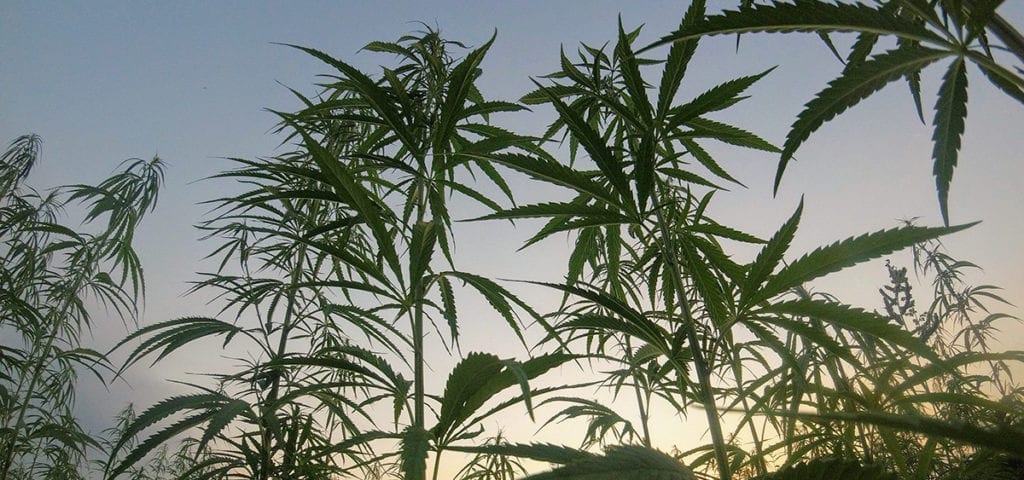Hemp processors in Tennessee no longer need to register with the state Department of Agriculture and farmers can now apply to grow the crop year-round under new rules for the industry, according to a WREG report. Cultivation licenses will still expire on June 30 of each year but growers no longer have to meet a deadline to renew.
Agriculture Commissioner Charlie Hatcher, D.V.M., pointed out that after four years of crop research under a pilot program, the state’s hemp industry is maturing.
“The hemp industry and federal laws have changed in recent years, and we’re updating our program rules to be more consistent with how other crop programs are managed.” – Hatcher, to WREG
Under the new rules, growers are now required to obtain movement permits for transporting harvested crops from the grow site; previously, those permits were only required for rooted plants. Additionally, hemp regulators will no longer issue licenses for certified seed breeders but operators manufacturing, distributing, or labeling seeds should be licensed through the Ag Inputs section, according to the rules.
Hemp licensing in Tennessee has grown more 10 times from 2018 – when the Agriculture Department approved 226 licenses – to more than 2,900 this year.
Earlier this year, the University of Tennessee released an Industrial Hemp Extract Budget in an effort to help the state’s farmers understand the costs, and risks, associated with growing the plants for CBD extracts. That report estimates that the state’s farmers could net $6,562 per acre if they grow their plants for extraction purposes.
Although the federal Farm Bill legalized hemp cultivation federally, the law says that states must require licenses and codify hemp-growing programs.
Get daily cannabis business news updates. Subscribe
End
